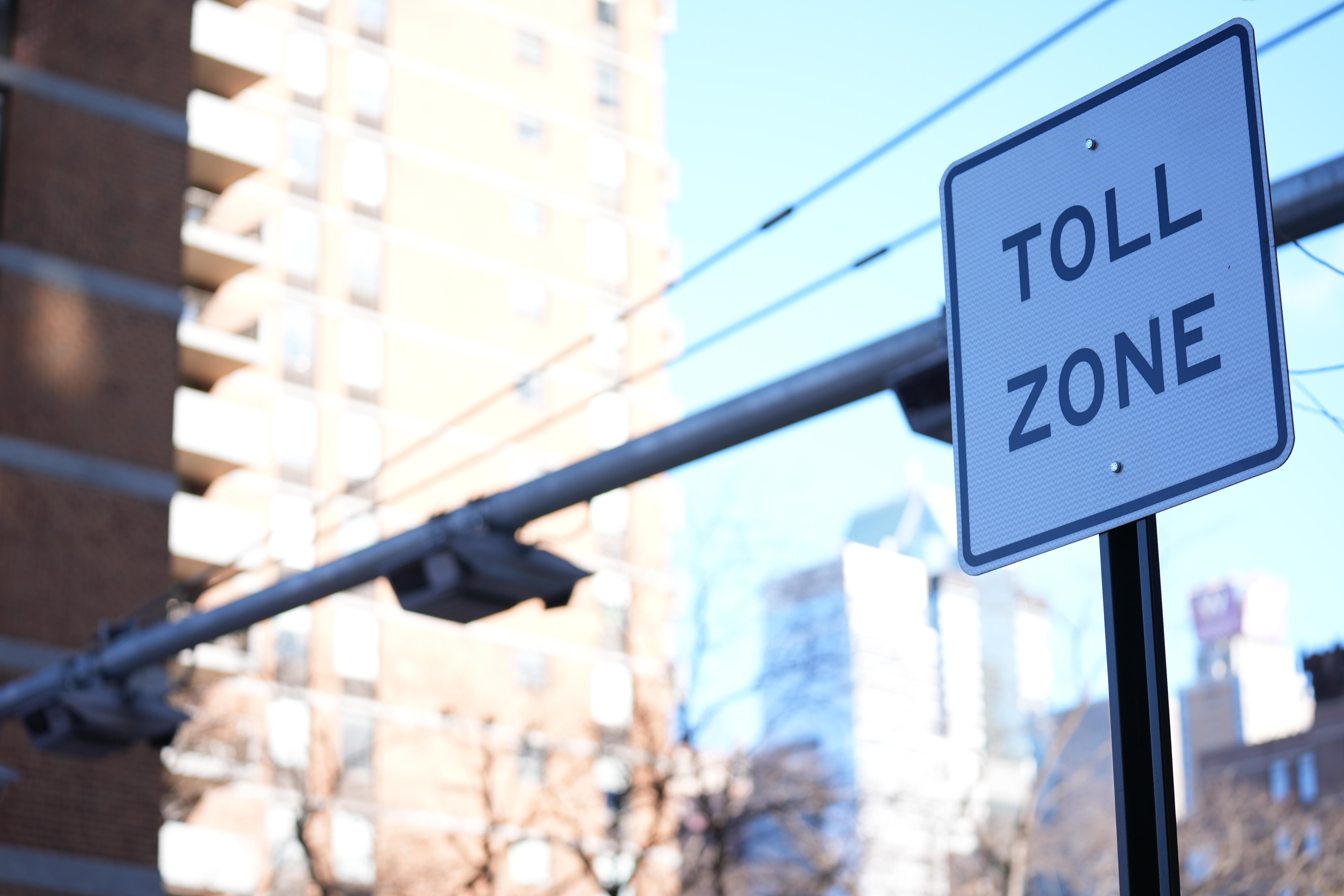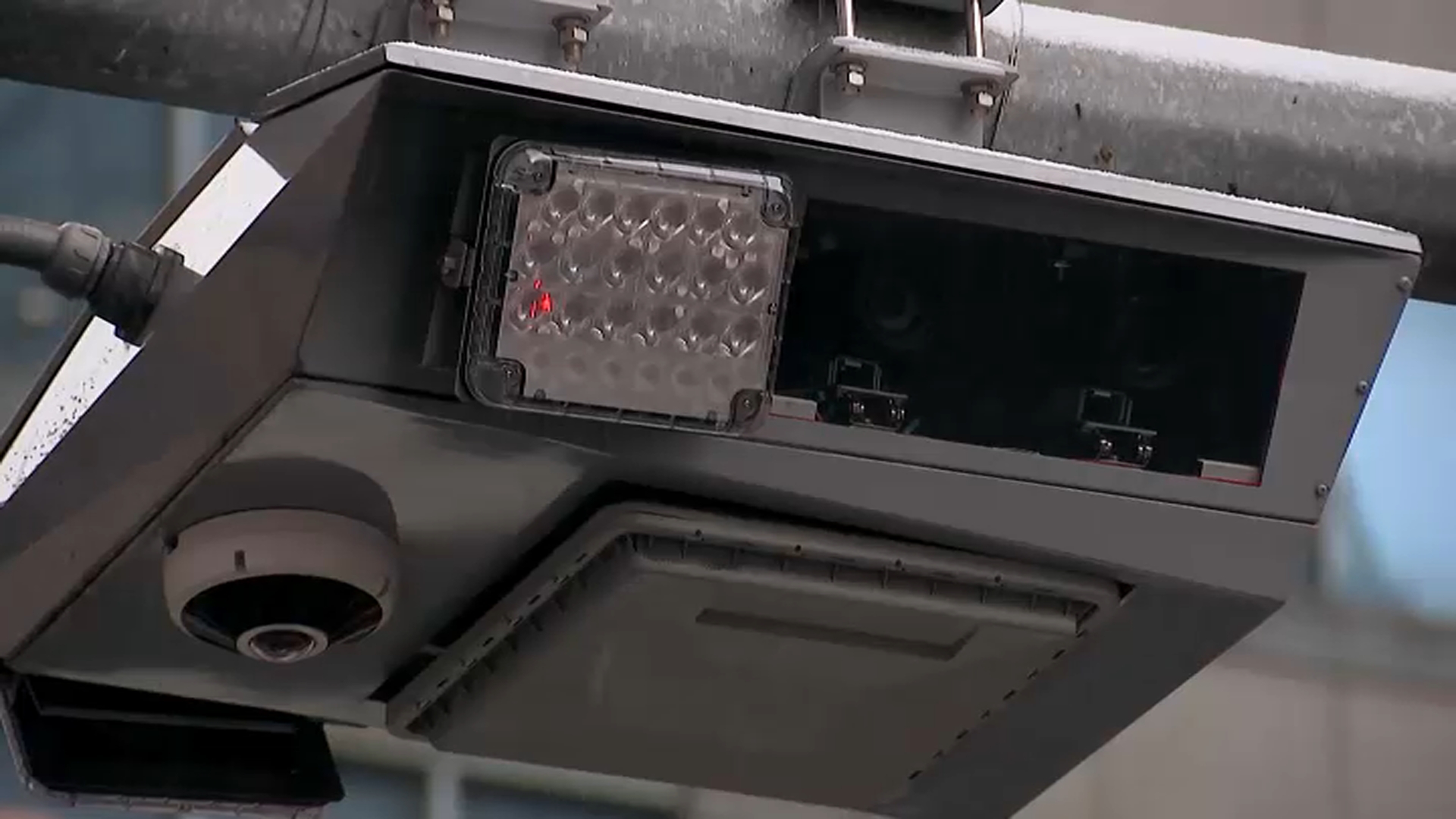Wednesday marked exactly one month since congestion pricing started in New York City. It’s the nation’s first and only tolling plan of its kind and new numbers detail its impact. And despite initial opposition, a new poll suggests most NYC drivers want it to stick around. NBC New York’s Andrew Siff reports.
Wednesday marked exactly one month since congestion pricing started in New York City. It’s the nation’s first and only tolling plan of its kind, and new numbers show that not only is it having a dramatic impact on the roads, but also the public opposition to it may be softening.
MTA Deputy Policy Chief Juliette Michaelson said that between Jan. 5 and Feb. 4 of 2025, a million fewer vehicles entered the Central Business District — a.k.a. Manhattan below 61st Street — as compared to the same stretch of time a year prior.
That works out to about 250,000 fewer vehicles on city streets per week, a 7.5% reduction in vehicular traffic.
Watch NBC 4 free wherever you are
In other encouraging results for the MTA, a new poll from the firm "Morning Consult" showed that among those who frequently drive into Manhattan, nearly two-thirds (66%) support the tolling program, with 32% opposing it. According to that same poll, 59% of respondents said President Donald Trump should allow congestion pricing in the city to remain.
Get Tri-state area news delivered to your inbox with NBC New York's News Headlines newsletter.
“I’m just delighted that everybody can see the impact of the program right away," said Michaelson.
Less encouraging for the transit authority: Statewide, a majority of those surveyed still oppose the toll. That sentiment has Trump considering shutting down the program.
"There is a lot of political pressure from the suburbs from congressional candidates, and the president needs every one of those seats," said Kathy Wylde of the Partnership for New York City.
Trump and Gov. Kathy Hochul had two conversations about congestion pricing at the end of January. They’re expected to continue their conversations on the topic into February.
Wylde said that as the governor continues her attempts to persuade Trump to focus on the economic benefits of congestion pricing, many are seeing the benefits of having more time on their hands.
"The people that are paying the tolls are finding it’s more than worth their money to get back 20 minutes or even an hour in their day," Wylde said.
Some numbers are still not known, but eagerly awaited. Revenue figures coming as a result of congestion pricing has not been shared, but details regarding just how much money the transit agency has made are expected later in February, when data is presented for the MTA board.
A government watchdog group said each passing day with the tolls in effect gives New York leverage, because the MTA is making real money along with actual plans to modernize subway signals and other equipment.
“And the more days the program is turned on, they just put out a bond anticipation note that will be covered with congestion pricing funds, the harder it gets to unravel the program," said Rachael Fauss, of the group Reinvent Albany.
That nonprofit released a memo opposing an idea from some state lawmakers that would grant more groups, like first responders, an exemption from having to pay the toll. Fauss said that such exemptions cost other taxpayers more money.
"If you exempt certain groups that means everybody else has to pay more," she said.




